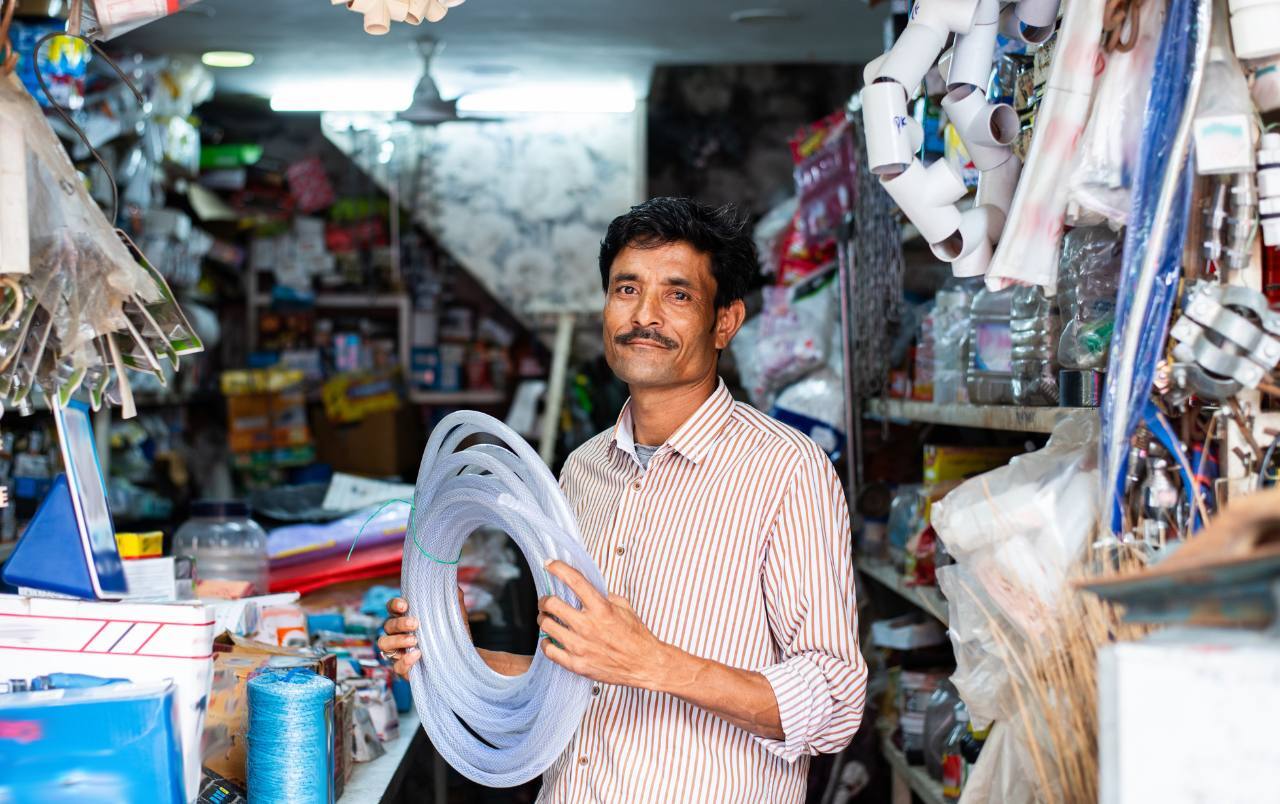This upcoming study will provide a detailed analysis of the impact of the COVID-19 pandemic on micro, small, and medium-sized enterprises (MSMEs) in India. The research focuses on existing inequalities in vulnerabilities, access to government support, and the conditions of the labor force.
Using a multifaceted methodology, which combines surveys and interviews with over 300 MSMEs and 50 workers, as well as a review of national statistics and policy reports, the study will offer an in-depth portrait of the challenges facing the MSME sector during these unprecedented times.
Initial findings indicate that smaller MSMEs, particularly those operating in rural areas and with limited financial reserves, were hit harder by the pandemic compared to their larger counterparts. These smaller entities had a more challenging time accessing government aid packages, such as loan moratoriums and credit schemes. On the labor front, workers employed by these smaller businesses, who were often already economically marginalized, faced further financial hardships, including salary cuts and job losses.
The study also flags the absence of systematic and disaggregated data on MSMEs. It Complicates the effectiveness of targeted policy interventions. This data gap is particularly concerning, given that MSMEs play a pivotal role in achieving several Sustainable Development Goals (SDGs) in India.
Based on these findings, the study recommends a series of targeted policy actions. It calls for the formalization of MSMEs to better equip them for future shocks and facilitate easier access to government support. It also urges the simplification of compliance procedures and the introduction of incentives to enhance resilience among these enterprises. Furthermore, the study advocates for the establishment of stronger safety nets for workers in smaller firms, thereby mitigating the exacerbating inequalities revealed by the pandemic.


